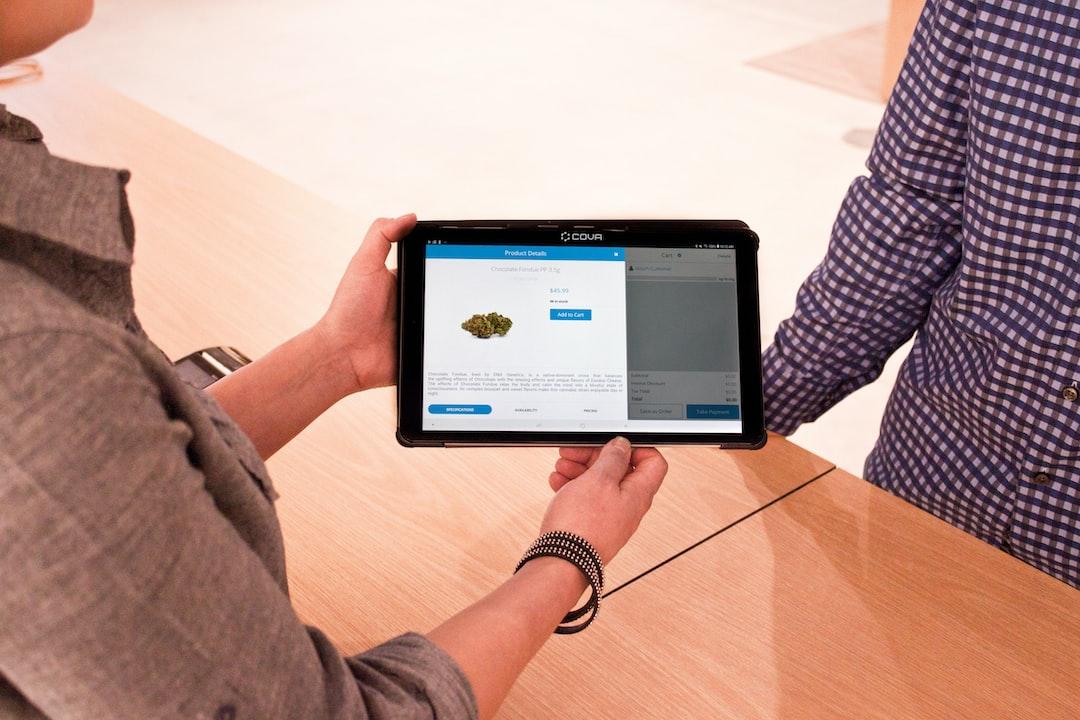Regulations on Cryptocurrency in Singapore
Singapore, known for its tech-savvy population, has a high adoption rate of cryptocurrencies at 11.05%. The country’s pro-crypto stance has played a significant role in supporting the growth of cryptocurrency in the region. Singapore has been an early adopter of cryptocurrencies, creating a crypto-friendly environment with basic regulations in place.
Advertisement


Executive Summary
While cryptocurrency is not considered legal tender in Singapore, it can be used as an alternative form of payment. It is important to note that crypto is not officially recognized as a currency in Singapore. However, the country has clear regulations in place regarding cryptocurrencies, including Bitcoin. Singapore has strict anti-money laundering and counter-terrorism financing laws. In 2019, the Payment Services Act (PSA) was passed to clarify the legal status of cryptocurrencies.
Let’s delve into the details of how the PSA governs digital assets in Singapore in 2024.
Singapore’s Crypto Policy
The Payment Services Act (PSA) 2019 established a regulatory framework for Digital Payment Token (DPT) service providers in Singapore. This act is the main law governing crypto businesses and was introduced in 2019 to provide clear regulations for licensing cryptocurrency.
The Monetary Authority of Singapore (MAS) is continually working to improve the regulatory framework for DPT services in Singapore. They have provided clarifications on regulatory requirements for crypto businesses, including the need for a license to operate in the crypto realm. These license requirements fall under the Securities and Futures Act (SFA). The PSA gives MAS the authority to monitor crypto activities in Singapore.
DPT service providers can apply for three types of licenses: a money changer license for those who only provide money-changing services, a standard payment institution license for those with average monthly transactions under three million dollars or five million dollars in digital currency per day, and a major payment institution license for those with higher average monthly transactions.
Applicants for the license must have a “meaningful presence” in Singapore, comply with the “crypto Travel Rule” by FATF, and meet all AML/CFT requirements to obtain the license.
Taxation
Singapore does not impose capital gains tax or income tax on cryptocurrencies for individual investors. However, there is an 8% goods and services tax when buying, selling, and trading crypto that is not officially labeled as DPTs.
Profits from professional trading and other business activities related to crypto are subject to taxation as regular income.
If crypto is traded as a business or earned in exchange for goods and services, income tax is levied. Tax rates range from 0-22% for residents and a flat rate of 15% on employment income and 22% on other income for non-residents. Singapore’s capital gains tax rate is 17%.
Payments can be made in Singapore using digital tokens like Bitcoin or Ether, and these transactions are tax-free, even though there is a 7% tax on goods and services.
Miners are required to pay taxes on the profits they make. If an individual mines Bitcoin as a hobbyist, the gains are not subject to taxation, and mining expenses are not deductible. However, if the Bitcoin miner shows a systematic effort to profit from mining activities, it may be considered a business activity, and the gains are taxed as income. Companies that mine crypto and are registered with the Accounting and Corporate Regulatory Authority are also subject to corporate income tax rates.
Individuals who stake and lend crypto and earn SGD 300 or more in yearly income are likely to be subject to income tax on their gains. Individuals are responsible for declaring cryptocurrency-related taxes on their own, following the guidance of the Inland Revenue Authority of Singapore (IRAS) on calculating income related to cryptocurrency trading activities.
Latest Crypto Regulations in Singapore
The Monetary Authority of Singapore (MAS) has introduced new measures applicable from 2024. These measures include:
– Identifying, mitigating, and providing information on potential and actual conflicts of interest
– Publishing policies, procedures, and criteria for the listing of DPTs
– Establishing effective policies and procedures for handling customer complaints and resolving disputes
Timeline of Regulations in Singapore
– 2017: The Monetary Authority of Singapore clarified its regulatory authority over the offering and issuance of digital tokens, which fall under the definition of “capital market products.” MAS also issued a notice on the prevention of money laundering and countering the financing of terrorism (AML/CFT).
– 2019: The Payment Services Act (PSA) allowed MAS to oversee crypto exchanges and issue the necessary licenses. MAS requires all exchanges to comply with AML/CFT requirements and the Financial Advisors Act, Insurance Act, Securities and Futures Act, and Trust Companies Act.
– January 2020: The PSA came into effect in Singapore.
– July 2020: Firms were ordered to safeguard customer assets under a statutory trust by the end of the year. MAS restricted firms from facilitating lending or staking of retail customers’ assets.
– 2020: The Inland Revenue Authority of Singapore announced that goods and services tax (GST) would no longer apply to cryptocurrencies. Singapore does not impose capital gains taxes, so businesses that purchase digital tokens as long-term investments are not liable for capital gains taxes.
– 2022: Singapore banned crypto service providers from promoting their services in public areas or through third parties like social media influencers.
– July 2023: MAS published investor protection measures for DPT services and issued a consultation paper seeking public feedback on draft amendments to the PSA 2019, which required DPT service providers to safeguard customer assets under a statutory trust and restricted lending and staking of DPT tokens by retail customers.
– August 2023: MAS finalized a stablecoin regulatory framework for stablecoins pegged to the Singapore dollar or G10 currencies with a circulation exceeding five million Singapore Dollars.
– 2023: Singapore announced tighter rules to regulate crypto service providers to protect retail customers, which may include barring crypto service providers in Singapore from accepting locally issued credit card payments, offering incentives to trade cryptocurrencies, and providing financing, margin, or leverage transactions for retail customers. These measures may be implemented by mid-2024.
– November 2023: MAS published its final responses regarding DPT service providers in Singapore, aiming to minimize potential consumer harm and cyber risks.
Final Thoughts
Singapore is considered highly favorable for cryptocurrencies. With advancements in technology and growing acceptance of cryptocurrencies, Singapore is continuously adapting to the changing landscape. The country is a top choice for crypto traders due to its favorable and well-regulated crypto environment.
